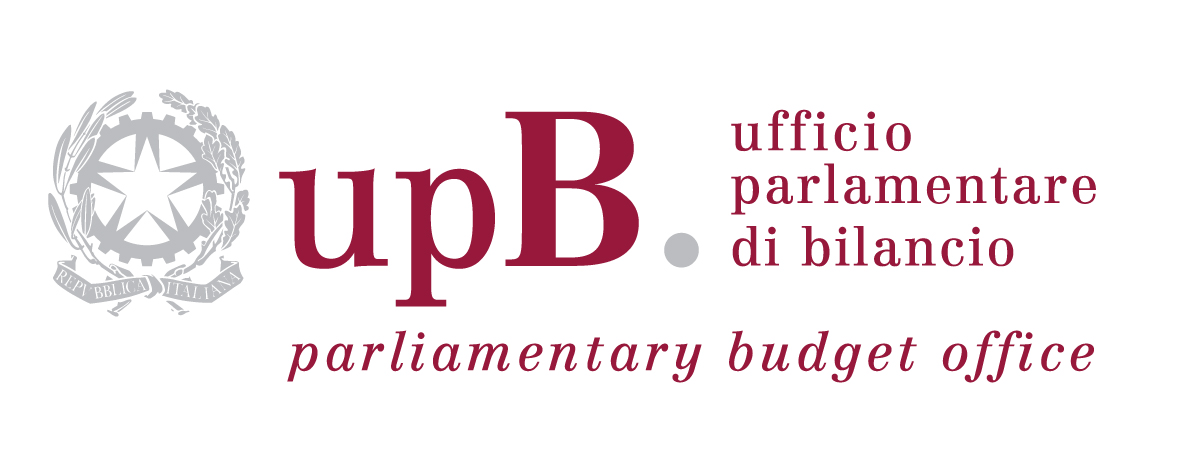Today’s publication marks the inauguration of a new series of Reports on recent economic developments, which examine developments in the Italian and international economies on a quarterly basis, drawing on the most recent quantitative and qualitative indicators and forecasts of trends in the economy. In the light of national accounts data for the first quarter and available information for subsequent months, economic activity is evolving in line with the forecasts contained in the EFD published in April (+0.7 per cent), despite an international environment that has diverged in part from expectations last spring.
The largest difference regards world trade, which contracted in the first five months of the year. In view of this decline, it would seem difficult to achieve the growth in world demand assumed in the EFD. However, the worse-than-expected performance is attributable to emerging economies that do not represent large markets for Italian exports, implying that the demand for Italian goods should be somewhat more resilient than overall external demand. As forecast in the EFD, the weakness of the euro and of the price of oil have been confirmed, although developments in the first seven months of 2015 show a smaller depreciation of the euro against the dollar and higher oil prices than expected in the spring. Downward pressure in recent weeks could bring oil prices closer to the level expected in April. The deterioration of the crisis in Greece has had limited repercussions on risk premia in the euro area. The expanded asset purchase programme launched in March by the Eurosystem has had a positive impact on interest rates, while the impact on inflation has been less certain.
Although the pace of Italian GDP growth would appear to be in line with the April forecasts, the composition of demand differs somewhat. The slowdown in consumption in the first quarter has affected the average for the year, foreshadowing slower growth than that assumed in the EFD. Conversely, capital expenditure, which has been driven by investment in transport equipment, could turn out to be stronger than expected. Exports have only been partly affected by the slowdown in the emerging economies thanks to the depreciation of the euro and the focus on growing markets. The contribution of net external demand to GDP growth could be smaller than forecast in the April, however, as the result of a stronger acceleration in imports. Trends in the labour market are improving slowly. Inflation is rising more slowly than expected by the Government in April.
